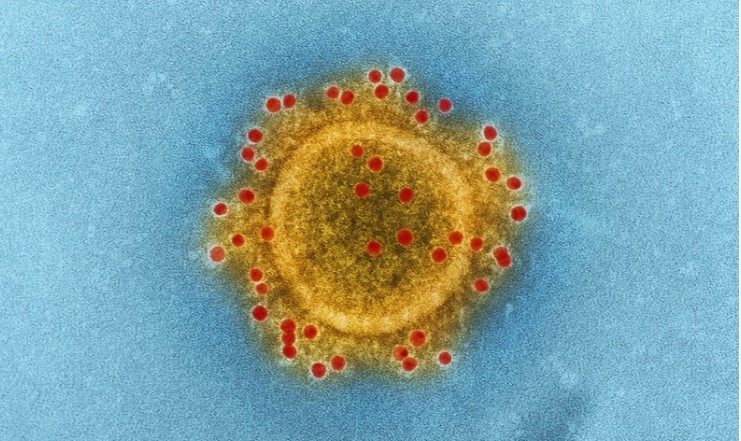Delta Variant is the latest trouble making virus mutation that is hitting several nation. It is a cause of concern, and nations are getting prepared.
A new highly contagious variant of the coronavirus is raising concerns as it becomes the dominant strain in the United Kingdom and continues spreading.
Know about Delta Variant
t’s a version of the coronavirus that has been found in more than 80 countries since it was first detected in India. It got its name from the World Health Organization, which names notable variants after letters of the Greek alphabet.
Viruses constantly mutate, and most changes aren’t concerning. But there is a worry that some variants might evolve enough to be more contagious, cause more severe illness or evade the protection that vaccines provide.
Experts say the delta variant spreads more easily because of mutations that make it better at latching onto cells in our bodies. In the United Kingdom, the variant is now responsible for 90% of all new infections. In the U.S., it represents 20% of infections, and health officials say it could become the country’s dominant type as well.
As the delta variant continues to spread globally and in the United States, new data from the Centers for Disease Control and Prevention projects the variant now makes up over 20% of COVID-19 cases nationwide.
CDC data for the two-week period ending on June 5 showed delta variant cases made up 9.5% of the total COVID-19 cases in U.S., but now the CDC is projecting for the period ending on June 19 that the delta variant cases made up 20.6% of all COVID-19 cases.
Dubbed as the delta variant, it has been called a “variant of concern” by the World Health Organization, but it is only considered a “variant of interest” here in the U.S.
Delta, also known as B.1.617.2, belongs to a viral lineage first identified in India during a ferocious wave of infections there in April and May. The lineage grew rapidly in some parts of the country, and showed signs of partial resistance to vaccines. But it was difficult for researchers to disentangle these intrinsic properties of the variant from other factors driving India’s confirmed cases past 400,000 per day, such as mass gatherings.
Delta data available right now
The Delta variant has been linked to a resurgence of COVID-19 in Nepal, southeast Asia and elsewhere, but its UK spread has given scientists a clear picture of the threat it poses. Delta seems to be around 60% more transmissible than the already highly infectious Alpha variant (also called B.1.1.7) identified in the United Kingdom in late 2020. Delta is moderately resistant to vaccines, particularly in people who have received just a single dose.

A Public Health England study published on 22 May found that a single dose of either AstraZeneca’s or Pfizer’s vaccine reduced a person’s risk of developing COVID-19 symptoms caused by the Delta variant by 33%, compared to 50% for the Alpha variant. A second dose of the AstraZeneca vaccine boosted protection against Delta to 60% (compared to 66% against Alpha), while two doses of Pfizer’s jab were 88% effective (compared to 93% agains






